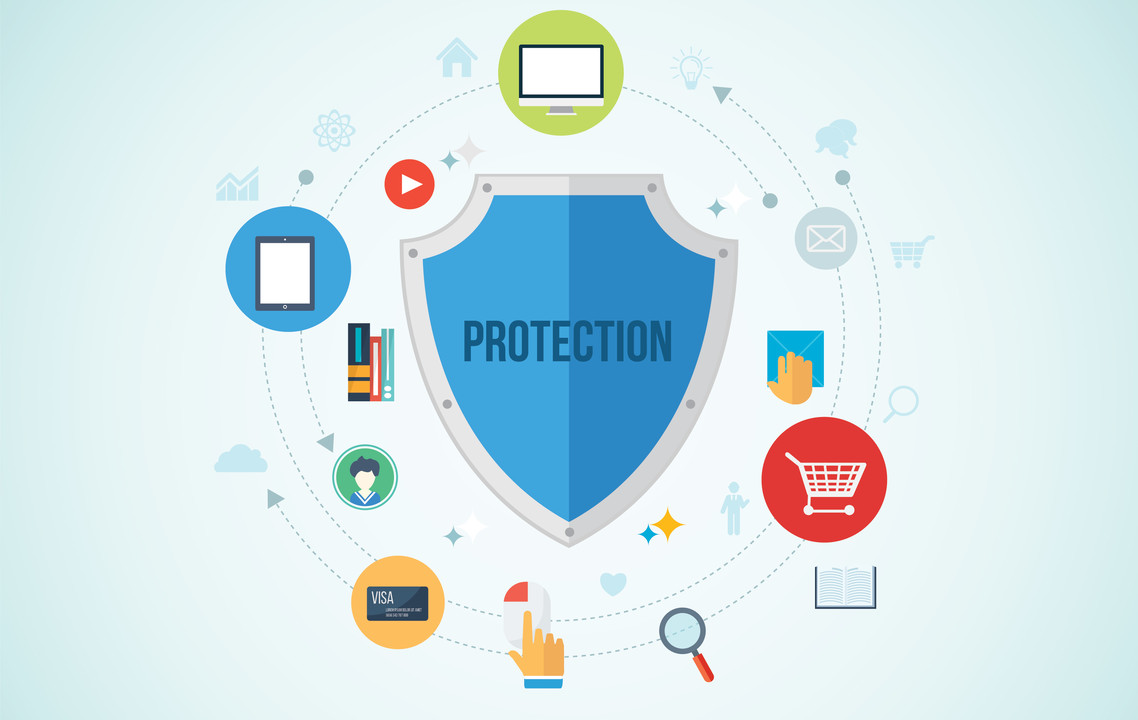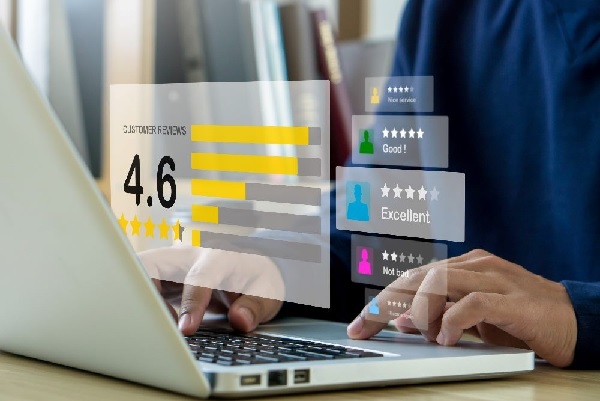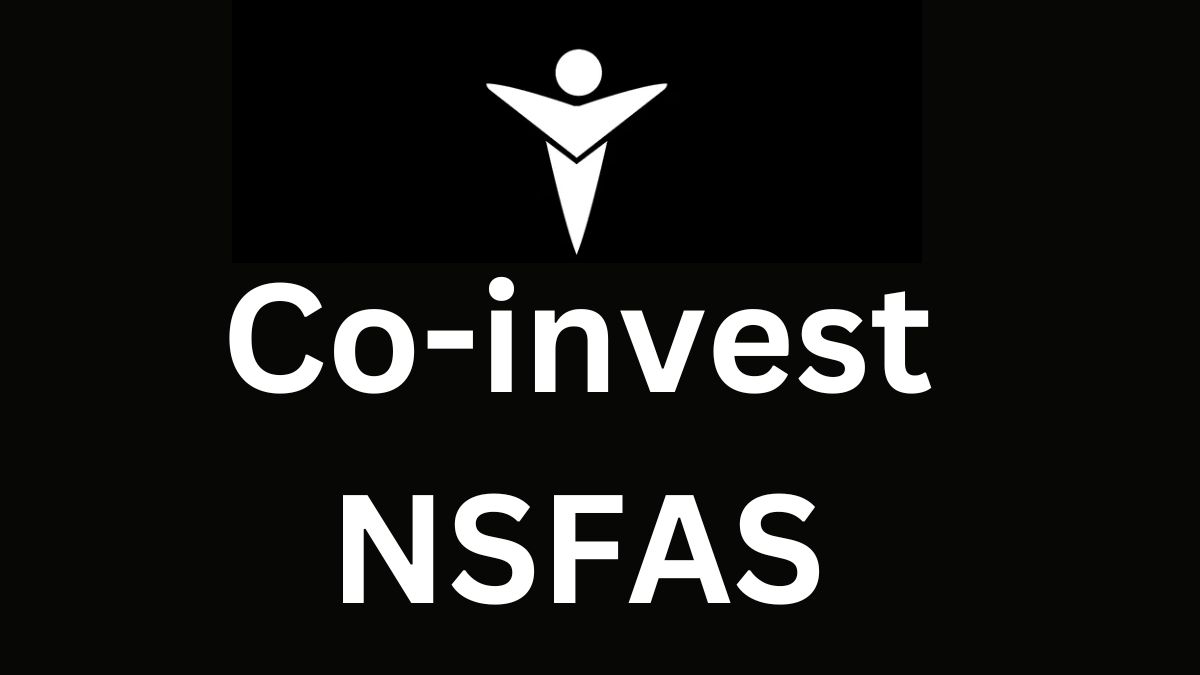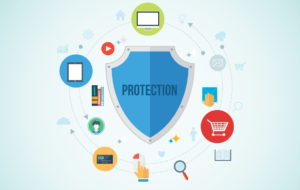Website security has always been important, but these days it’s more so than ever, given the uptick in security breaches and malware attacks in recent years. In this article we’ll go over five things you should do to ensure your site is locked tight from malicious actors.
1. Get an SSL
SSL security has increased in importance in recent years and shows no signs of slowing down. Short for secure sockets layer, SSL is a digital certificate you install on your website’s server to encrypt visitors’ connections to your site so that nobody can see the data being sent back and forth. There are many SSL stores you can get your SSL from, including Namecheap.com.
2. Enable a firewall
A firewall is a security system that controls the traffic coming and going from your website. It decides what traffic is trustworthy or untrustworthy based on a predetermined set of security rules. Firewalls are a great way to prevent malicious actors from even reaching your site.
3. Scan your site regularly for malware
It’s important to scan your site regularly for malware and viruses. While everything might seem normal, you never know what might have gotten into your website’s code without you even realizing it. A malware scanner will search your entire site for untoward code and remove it immediately. There are plenty of free and paid plugins with this functionality that you can add to your site. There are also several online scanners you can use.
4. Get 2FA
Protect your site from takeovers by adding an extra access layer to log in. Having just a regular username and password to log in to your site is risky, particularly when hackers have sophisticated means of stealing passwords (or just guessing them if your passwords are weak). With two-factor authentication, you need an extra piece of evidence to log in. Typically, it is a code that’s texted to your phone or a button you have to press on an app on a separate device. It’s easier than ever to add two-factor authentication to your site, and many apps are free.
5. Use good password hygiene
Speaking of passwords, make sure yours are up to snuff. Whether your site is run by one of 50 people, make sure everyone is using strong passwords. This means at least 12 characters long, with a mix of uppercase and lowercase letters, as well as numbers and special symbols. Make sure they’re changed regularly for good measure.
Conclusion
Making sure your site is properly secured requires a little bit of work, but it’s not difficult by any means. By following the tips in this article, your site should be well protected from malicious actors.










